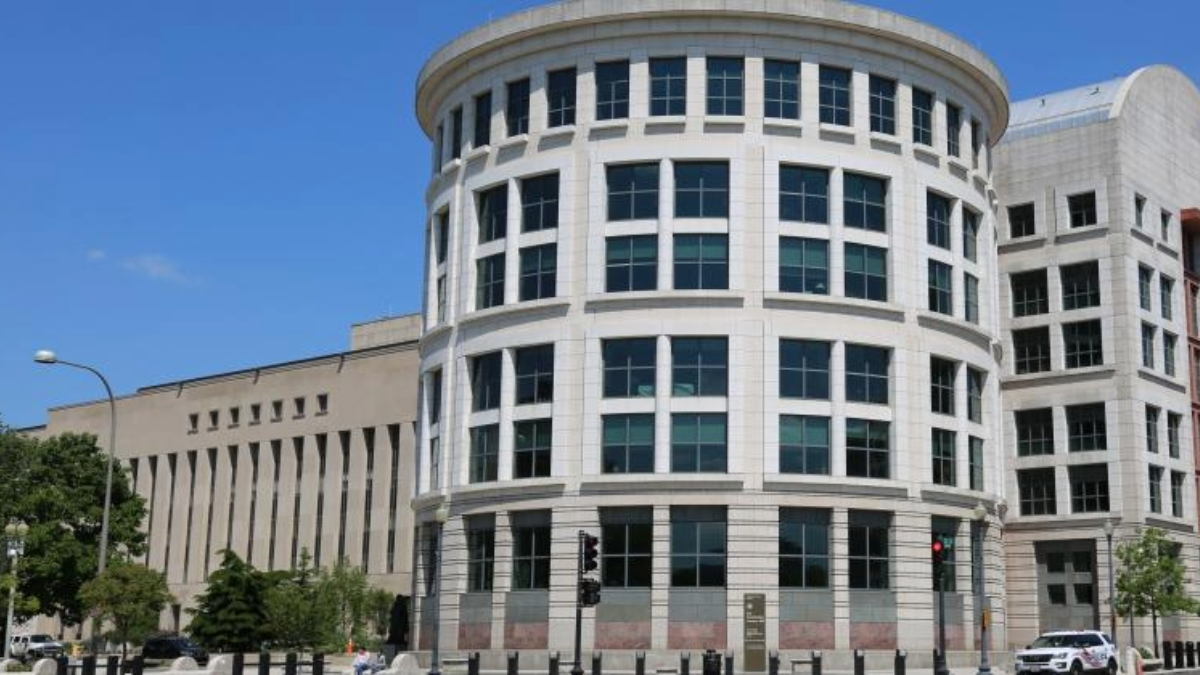Google Dodges Breakup In Landmark Antitrust Ruling Over Its Search Engine
Cristiano Lima-Strong / Sep 2, 2025A United States federal judge on Tuesday barred Google from striking exclusive deals to promote its search engine to resolve the court’s finding that it monopolized the market, but rejected the most sweeping remedies sought by the US Department of Justice that would have broken up the giant.
In a sprawling and landmark 226-page remedies ruling, US District Court Judge Amit P. Mehta ordered that Google be “barred from entering or maintaining any exclusive contract relating to the distribution” of its titular search engine, its Chrome web browser and other products.
Mehta also ordered Google to make available some of the data it uses to power its search engine to “Qualified Competitors,” saying the step would “deny Google the fruits of its exclusionary acts and promote competition.”
However, in a major blow for the Justice Department and state attorneys general who filed the lawsuit against the company, Mehta ruled that Google will not have to divest Chrome, nor would he impose a conditional divestiture of its Android operating system sought by US officials.
“Plaintiffs overreached in seeking forced divesture of these key assets, which Google did not use to effect any illegal restraints,” Mehta wrote.
Mehta also ruled that while Google will not be able to make exclusive distribution deals for its search product, it would not be prohibited from making payments to third-parties more broadly.
“Cutting off payments from Google almost certainly will impose substantial—in some cases, crippling—downstream harms to distribution partners, related markets, and consumers, which counsels against a broad payment ban,” Mehta wrote.
The decision means Google will avert the worst possible repercussions from Mehta’s ruling in August last year that the search behemoth abused its dominance and established an illegal monopoly over online search in part by paying billions to give its products premier placement across consumer products.
That decision, the most significant of its kind in decades, marked a major victory for US antitrust enforcers who have grown increasingly critical of the power of Silicon Valley giants to squeeze competitors. It kicked off a high-stakes remedies trial that commenced this April to decide what changes Google would have to make to its business practices to resolve the monopoly finding.
Notably, Mehta noted in his ruling Tuesday that the court approached crafting remedies “with a healthy dose of humility,” and that he was wary that the task required him to “gaze into a crystal ball and look to the future” of the search market or related developments in AI. “Not exactly a judge’s forte,” he quipped.
The rise of generative AI platforms like OpenAI's ChatGPT appears to have factored significantly into the decision, with Mehta writing that developments in the AI market "changed the course of this case," noting that industry experts expect developers to continue to integrate their products into search and to offer products that compete with general search engines (GSEs).
“These remedies proceedings thus have been as much about promoting competition among GSEs as ensuring that Google’s dominance in search does not carry over into the GenAI space,” wrote Mehta.
DOJ antitrust chief Gail Slater wrote on X that the decision marked a “major win for the American people” that offered “far more significant remedies” than Google thought appropriate, but said the Department “will be considering its options and weighing next steps regarding seeking additional relief.”
Authors

